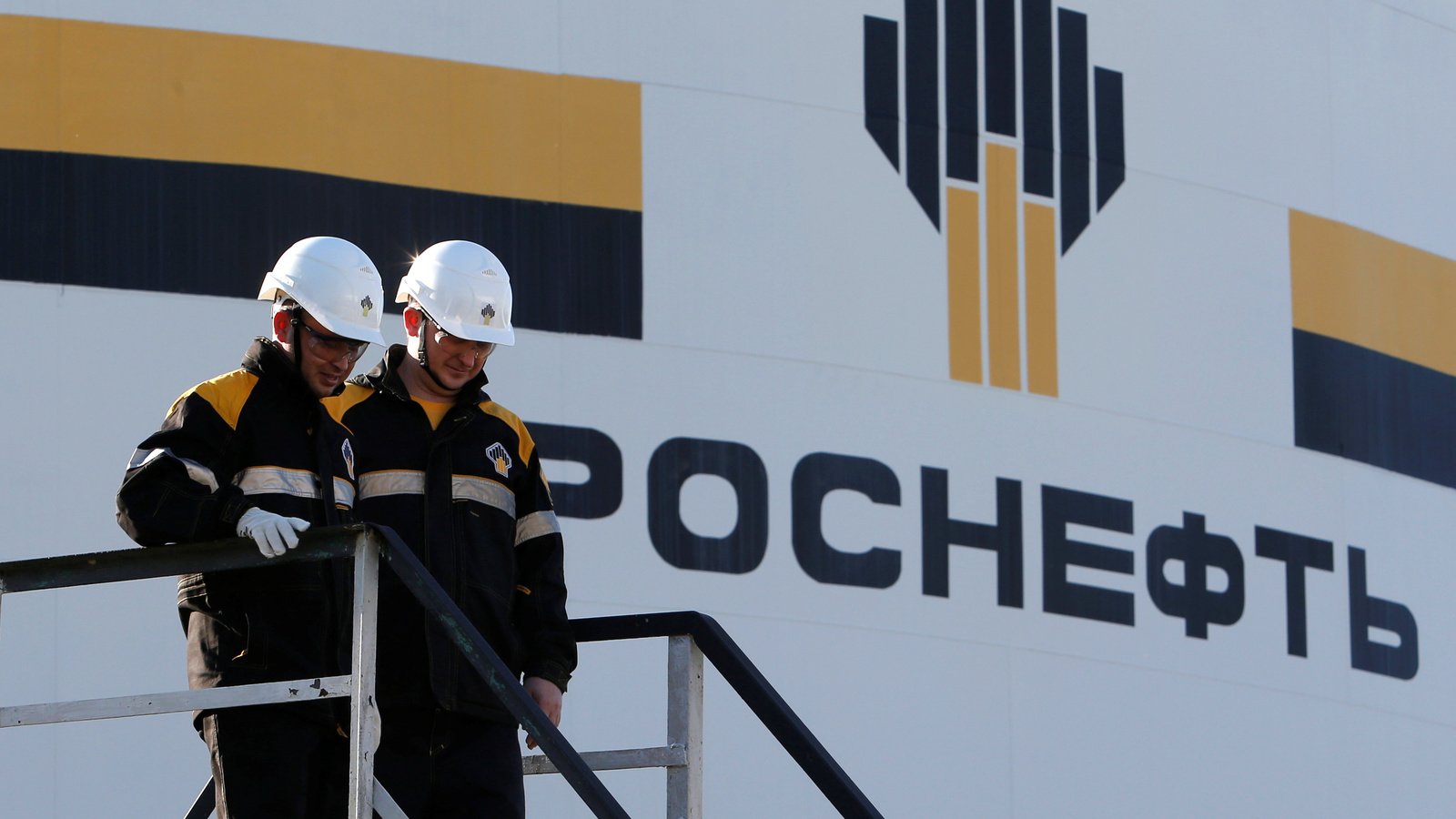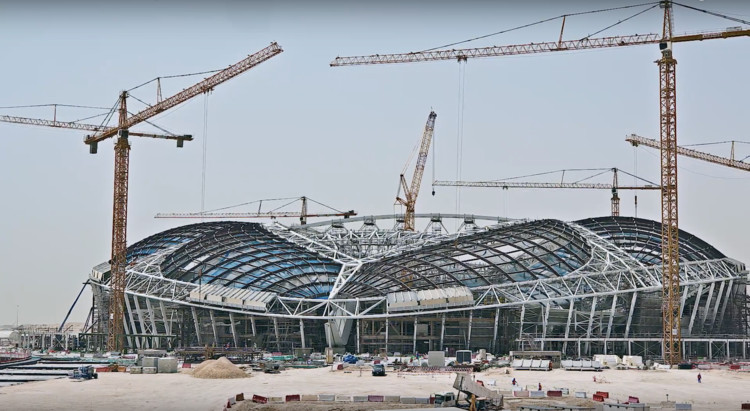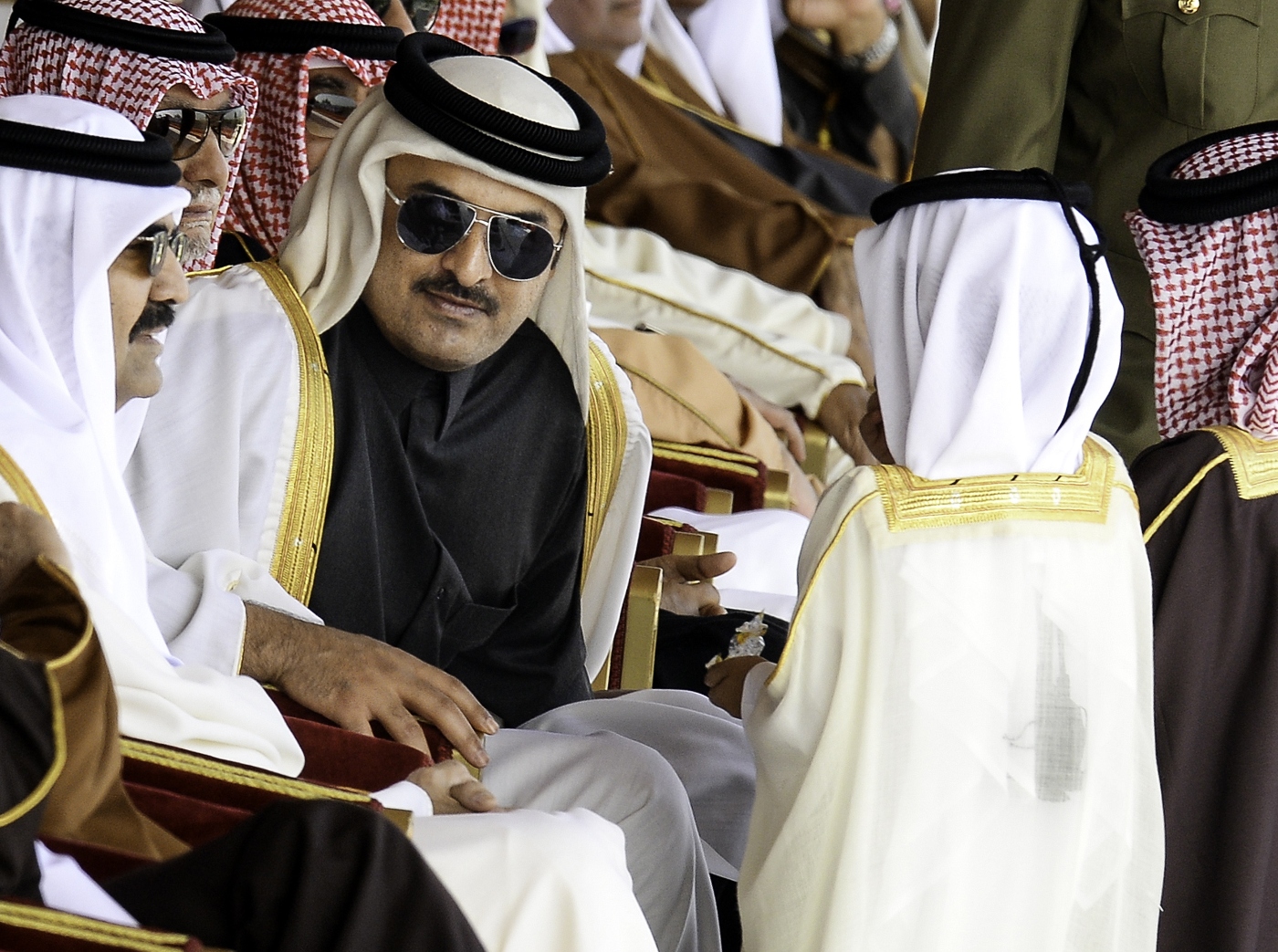For decades, the small, gas-rich emirate of Qatar has apparently served as a major conduit for terror financing, funneling millions of dollars to hard-line Islamist militants across the Middle East.
Both international and domestic law have previously failed to confront the impunity of the Qatari government in seemingly financing terrorist organizations. However, a private lawsuit in a New York district court is challenging this, alleging that the Qatari royal family and leading Qatari banking institutions are complicit in a conspiracy to fund Islamist terrorism in the Middle East.
The lawsuit specifically names Masraf Al Rayan bank, Qatar Charity, and Qatar National Bank as the principal conspirators responsible for funneling resources to Hamas and the Palestinian Islamic Jihad (PIJ) organization. The lawsuit further ties these organizations to the Qatari royal family and others within Qatar’s elite.
“It has long been the official policy of the government of Qatar to provide financial support to the Hamas terrorist organization,” the lawsuit reads.
“It is thus no surprise that Masraf Al Rayan bank, Qatar Charity, and Qatar National Bank, which are dominated by the Qatari government and royal family, have joined in that effort.”
Qatar Charity—whose board of directors’ chairman, Hamad bin Nasser al-Thani, is a member of the Qatari royal family—allegedly spearheaded the operation, whereas the lawsuit identifies the other two institutions as middle-men.
“Qatar coopted several institutions that it dominates and controls to funnel coveted US dollars (the chosen currency of Middle East terrorist networks) to Hamas and PIJ under the false guise of charitable donations,” the lawsuit alleges.
The alleged logistics
At the center of the conspiracy, Qatar Charity allegedly solicited donations from benefactors in Qatar and elsewhere before transferring the funds to an account at Masraf Al Rayan bank in Doha.
The account’s funds would be subsequently transferred to a bank in New York, before being wired as US Dollars to Qatar Charity’s accounts at either the Bank of Palestine or the Islamic Bank in Ramallah.
Finally, the funds—still in US Dollars—would then be directly distributed by Qatar Charity’s local branches to Hamas, the PIJ, and their affiliate organizations.
With Qatar Charity’s board led by a member of the royal family, paired with the significant influence the royal family has on both Masraf Al Rayan bank and Qatar National Bank, the connection between Qatar’s leadership and the financing conspiracy is apparent.
However, despite the ties between the Qatari government and the financial organizations coming to light, the question still remains as to whether Doha is ultimately complicit with the alleged conspiracy.
In the past, Qatar has defended itself from similar allegations, arguing that these fundraising efforts were untaken by individuals, rather than officials. As a result, Qatar contends that the government is not responsible for these activities.
Despite this, there is no denying there is a long history of systematic terror financing operations within Qatar’s borders.
Financing Terror
“Like any enterprise, terrorist organizations need money to operate,” the lawsuit argues.
“But unlike legitimate organizations, terrorist organizations like Hamas rely on sympathetic nation states and financial institutions who employ creative fundraising strategies to disguise their operations and evade anti-terrorism laws.”
For decades, Qatar has served the role of this sympathetic nation, claims a 2014 Foreign Policy report, saying that Qatar has been harboring financial institutions accused of financing and sponsoring terrorist organizations. The report added that Qatari policy favors these financial institutions, and terrorist financiers in the country often go unpunished.
Qatar’s policy of supporting extremists stretches back to the 1990s, initially aiding Salafist activists with disseminating and politicizing the goals of the Muslim Brotherhood. By the next decade, Doha became the center for an interconnected network of radicals throughout the Gulf. Accusations of this stem from a wide variety of official and journalistic sources, with Israeli diplomat Ron Prosor going so far as to call Qatar a “Club Med for terrorists.”
Beyond serving as a safe haven for extremist ideology, Doha would become the epicenter for a far-reaching conspiracy to launder money linked to al-Qaeda through Qatar-based charities.
Doha has since pursued its ambitions further, directly funding foreign insurgent groups in a bid to extend Qatar’s influence beyond the small peninsula it occupies. However, through its active sponsorship of extremist groups, Qatar has played an influential role in fueling the worsening of conflict zones across the Arab world.
Influence in regional conflicts
In 2011, Qatar expanded its network of radical proxies to Libya, where it joined the UAE and US in opposing the regime of Muammar Gaddafi in Tripoli. Although Qatar had aligned itself with much of the world in supporting the ousting of Gaddafi, Doha’s ambitions stretched further.
As the US waged a campaign of airstrikes to weaken the Libyan state, Doha began funding insurgent groups on the ground. After months of conflict, rebels had taken Tripoli, Gaddafi was dead, and Doha found itself with an unprecedented influence in the new Libya.
When the Arab Spring turned its attention to Syria, so too did Doha. In the early stages of the Syrian Civil War, between 2012 and 2013, Salafists in Kuwait and Qatar would begin to join forces with Syrian expatriates, ultimately coalescing into the al-Nusra Front. Qatar would quickly become among the principal financial supporters for the Syrian opposition.
However, Libya remains a broken and conflicted state despite an apparent victory in 2011, and Syria continues to be a battleground between the regime of Bashar al-Assad and his opposition.
Critics claim Qatar’s foreign policy has failed. Because Qatar continues to support insurgents exclusively through financing networks not overtly affiliated with the government, as they argue, Doha remains untouched by the consequences. For its part, Qatar maintains that it has been a valuable ally to the United States and the West in counter-terrorism operations in the Middle East.
“We’ve been asked by our American friends if we can join, and we did,” said Sheikh Tamim bin Hamad Al-Thani, the Emir of Qatar.
In addition, Doha continues to be one of the most important sponsors for Hamas and the PIJ. Between 2012 and 2018, Qatar invested $1.1 billion in the Gaza strip, with Israeli outlet Haaretz reporting a large percentage of this went directly to support Hamas.
Doha also has an extensive history with supporting Hamas beyond financial contributions. Since 2012, Doha has offered sanctuary for a number of Hamas’ most prominent figures, including its political leader Khaled Meshal and the founder of its military wing, Saleh al-Arouri.
This close relationship with Hamas and the PIJ—in addition to Doha’s history of turning a blind eye to terrorist financiers—has often led it into conflict with both its neighbors and the West, in particular the United States.
Repercussions Abroad
In the Middle East, Qatar’s alleged relationship with terrorist organizations and their financiers has led to heightened tensions with its close neighbors, including Saudi Arabia, Bahrain, the UAE, and Egypt. All of these countries severed ties with Qatar in 2017.
For its part, Qatar has continued to deny all allegations of the government’s relationship to terrorist organizations. Qatar has also argued that the severance of ties was illegitimate and a “violation of its sovereignty.” Doha further maintains that the blockade is a danger to unity within the Gulf.
“The Gulf summit statement talked about a unified Gulf, but where is it amid the continuation of Qatar’s blockade?” said Sheikh Mohammed bin Abdulrahman Al Thani, Qatar’s foreign minister.
Abroad, the United States and the United Kingdom have criticized Qatar for its relationship with Hamas, with the latter investigating Qatari-based charities for their potential link to the terrorist organization.
The families of ten Americans either killed or injured by violence allegedly perpetrated by either Hamas or the PIJ brought the lawsuit forward, further emphasizing the impact that the lawsuit will have in the United States.
Among the victims named in the lawsuit is Taylor Force, a 28-year-old American student and former Army officer killed in Tel Aviv by a Palestinian terrorist in 2016. Force’s death later prompted Congress to pass the Taylor Force Act, which ended US aid to the Palestinian Authority (PA) until the PA ended its support for the Palestinian Authority Martyr’s Fund.
The Palestinian Authority Martyr’s Fund, operated by the PA, is designed to pay a stipend to the families of Palestinians killed, injured, or imprisoned for involvement in anti-Israeli violence. Many have criticized the fund for potentially encouraging the very same terrorism which killed Taylor Force and other plaintiffs mentioned in the lawsuit.
With the administration of US President Donald Trump increasing its support for Israel and aligning itself in opposition to Hamas, Qatar’s support for Hamas has become a point of contention between the two countries.
Qatar-US diplomatic tensions
This is not new information to the United States government, which has been aware of Qatar’s close relationship with Hamas since the early 2000s.
Leaked US diplomatic cables from 2009 show that the US government previously listed Qatar Charity as a “terrorism support entity” for “having demonstrated intent and willingness to provide financial support to terrorist organizations.”
Qatar Charity has been further accused of affiliation with the Union of Good, an organization created by Hamas to facilitate the transfer of donations to Hamas-controlled organizations in the West Bank and Gaza. The United States has also designated the Union of Good as a supporter of terrorism.
The lawsuit is ultimately posed to reawaken an old discussion regarding the United States and its relationship with Qatar, as well as whether Qatar should be held accountable for its alleged role in supporting terrorist organizations.




